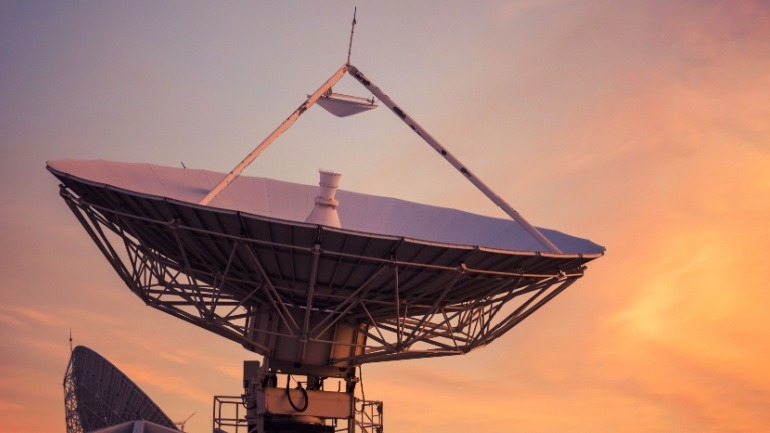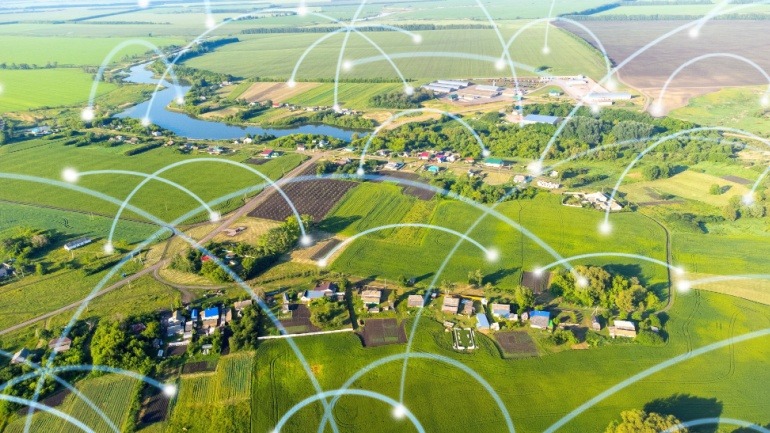EXA Infrastructure is boosting its global fiber capacity by 15% with Nokia’s cutting-edge optical solution, offering 1.2 Tbps per channel. This upgrade in EXA’s fiber network, spanning 155,000 kilometers, enhances connectivity, reduces power usage by 50%, and supports both terrestrial and subsea networks.
AT&T’s latest fiber expansion into Arizona, in partnership with PRIME FiBER, showcases its commitment to bridging the digital divide. By targeting Sun City and Peoria, the initiative brings high-speed internet to underserved areas. This open-access model reduces costs while rapidly deploying broadband, enhancing AT&T’s strategic growth and affordability.
Intelsat and AXESS Networks have expanded their partnership to enhance satellite connectivity across the Americas. By combining infrastructure and expertise, they aim to deliver reliable, scalable communication services, particularly in areas with limited traditional infrastructure.
Bittium and Nokia have demonstrated a secure tactical communication system for the Finnish Defence Forces, combining advanced radios with 4G and 5G mobile technology. The hybrid network enables real-time voice, video, and data across challenging environments, highlighting the shift toward integrated battlefield connectivity.
A new survey reveals that poor internet access is holding back UK farmers, with nearly one in ten farms entirely offline. As reliance on smart technology grows, slow connections hinder productivity, innovation, and well-being. Full fiber rollout is crucial to bridging the rural digital divide and unlocking the full potential of British agriculture.
DIDWW has strategically enhanced its global footprint by expanding local DID coverage in Lithuania. As a leading provider of DID numbers, this move highlights their dedication to international growth. Lithuanian DIDs can now be quickly activated via their self-service portal or API.
Philippe Alcaras joins Aprecomm’s advisory board, bringing deep industry experience to support its global expansion. With proven leadership and AI expertise, he will guide strategy as Aprecomm transforms broadband networks into intuitive, self-optimizing systems, enhancing customer experience.
Germany-based IoT MVNO, 1NCE, has secured $60 million to enhance its AI capabilities and strengthen its position in the U.S. IoT market. This marks $160 million in total investment, led by tech giants including Deutsche Telekom and SoftBank. The funds will accelerate the development of AI-driven SaaS solutions.
Digital Catapult joins a major Horizon Europe-backed 6G initiative to advance smarter, faster, and sustainable networks. Collaborating with global leaders like Samsung and Nokia, the project explores AI integration and Open RAN technologies.
Josh Etheridge, co-owner of a Louisiana broadband firm, warns that delays in the BEAD program are crippling rural infrastructure progress. His company, ready since January, has laid off workers and halted projects. Etheridge urges federal action, saying communities and jobs hang in the balance while bureaucratic slowdowns stall critical broadband deployment.













